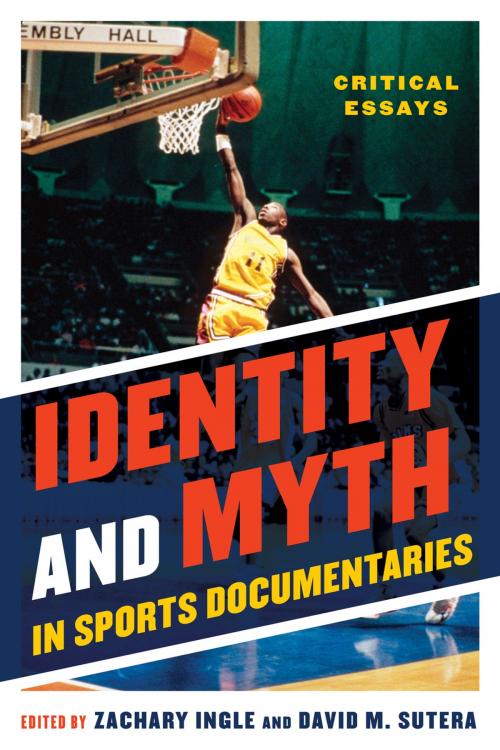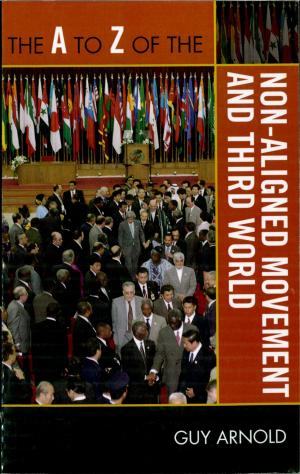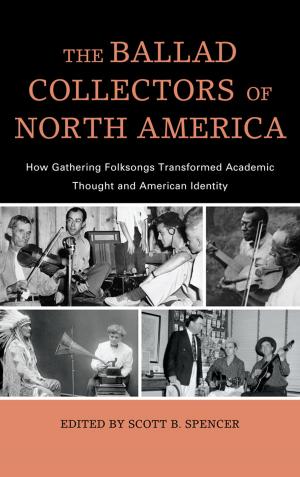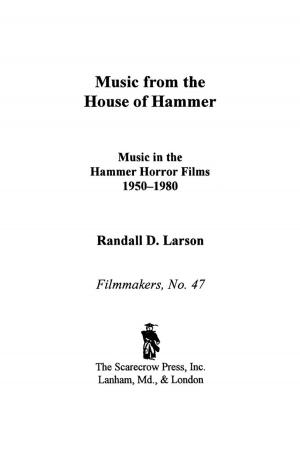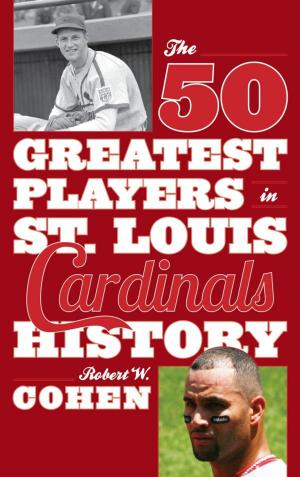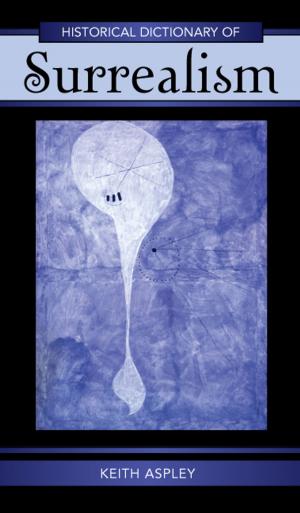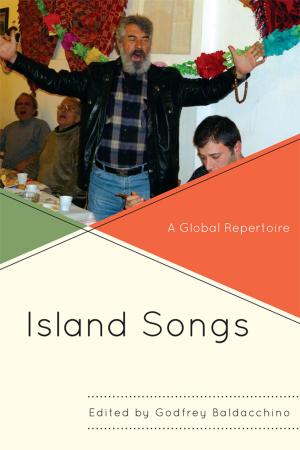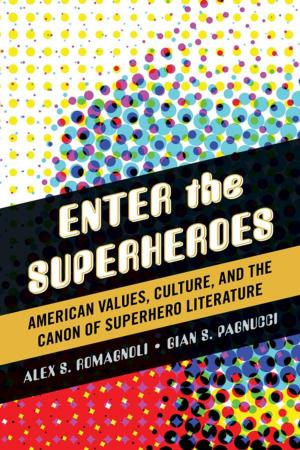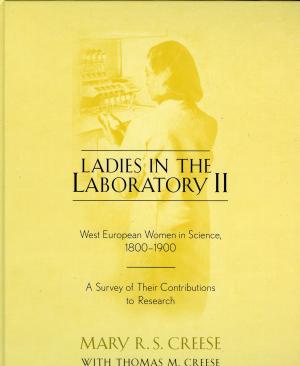Identity and Myth in Sports Documentaries
Critical Essays
Nonfiction, Sports, Reference, Essays, Entertainment, Film, History & Criticism, Performing Arts| Author: | ISBN: | 9780810887909 | |
| Publisher: | Scarecrow Press | Publication: | December 27, 2012 |
| Imprint: | Scarecrow Press | Language: | English |
| Author: | |
| ISBN: | 9780810887909 |
| Publisher: | Scarecrow Press |
| Publication: | December 27, 2012 |
| Imprint: | Scarecrow Press |
| Language: | English |
Nonfiction films about sports have been around for decades, yet few scholarly articles have been published on these works. In Identity and Myth in Sports Documentaries, editors Zachary Ingle and David M. Sutera have assembled a collection of essays that show how myth and identity—national, religious, ethnic, and racial—are constructed, perpetuated, or questioned in documentaries produced in the United States, France, Australia, Germany, and Japan.
This collection is divided into three sections. “American Identity and Myth” contains essays on consumerism, religion in sports, and post-9/11 America. “Race and Ethnicity” examines the ways in which African American, Mexican American, and Jewish identity are portrayed in the documentaries under discussion. “Global Perspectives” features films and TV series produced outside of the United States or those that provide perspectives on the international sport scene. Spanning several decades, the landmark documentaries discussed in this volume include Hoop Dreams, The Endless Summer, The Life and Times of Hank Greenberg, Olympia, and Tokyo Olympiad and address such subjects as baseball, football, basketball, boxing, soccer, surfing, and the Olympics.
The essays pose such questions as "How are notions of the American dream involved in athletes’ aspirations?", "How do media texts from Australia or France construct Australian and French identity, respectively?", and "How did filmmakers such as Leni Riefenstahl, Kon Ichikawa, and Bud Greenspan infuse their Olympic documentaries with national ideology despite being intended for an international audience?" By tackling these subjects, Identity and Myth in Sports Documentaries is an intriguing read for scholars, students, and the general public alike.
Nonfiction films about sports have been around for decades, yet few scholarly articles have been published on these works. In Identity and Myth in Sports Documentaries, editors Zachary Ingle and David M. Sutera have assembled a collection of essays that show how myth and identity—national, religious, ethnic, and racial—are constructed, perpetuated, or questioned in documentaries produced in the United States, France, Australia, Germany, and Japan.
This collection is divided into three sections. “American Identity and Myth” contains essays on consumerism, religion in sports, and post-9/11 America. “Race and Ethnicity” examines the ways in which African American, Mexican American, and Jewish identity are portrayed in the documentaries under discussion. “Global Perspectives” features films and TV series produced outside of the United States or those that provide perspectives on the international sport scene. Spanning several decades, the landmark documentaries discussed in this volume include Hoop Dreams, The Endless Summer, The Life and Times of Hank Greenberg, Olympia, and Tokyo Olympiad and address such subjects as baseball, football, basketball, boxing, soccer, surfing, and the Olympics.
The essays pose such questions as "How are notions of the American dream involved in athletes’ aspirations?", "How do media texts from Australia or France construct Australian and French identity, respectively?", and "How did filmmakers such as Leni Riefenstahl, Kon Ichikawa, and Bud Greenspan infuse their Olympic documentaries with national ideology despite being intended for an international audience?" By tackling these subjects, Identity and Myth in Sports Documentaries is an intriguing read for scholars, students, and the general public alike.
